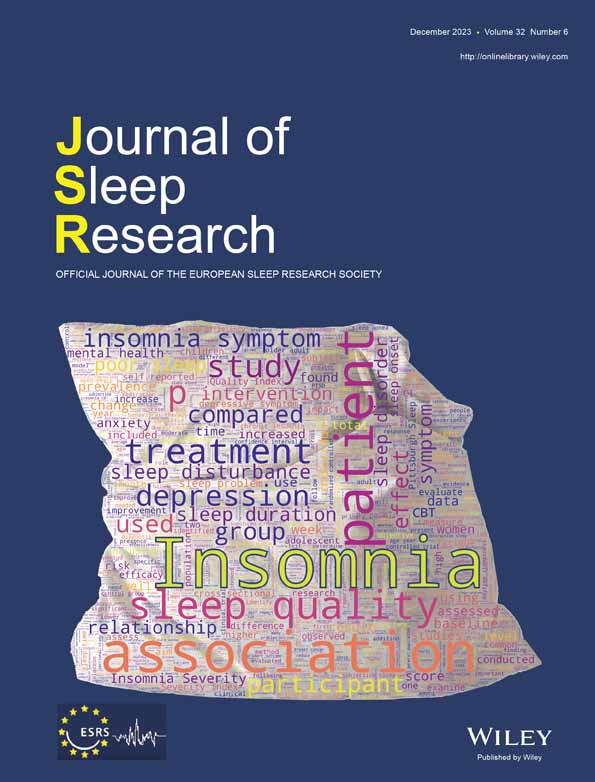
A new article from the EPAD consortium entitled “Disease modelling of cognitive outcomes and biomarkers in the European Prevention of Alzheimer’s Dementia Longitudinal Cohort” has recently been published in the journal Frontiers in Big Data.
Abstract: A key challenge for the secondary prevention of Alzheimer’s dementia is the need to identify individuals early on in the disease process through sensitive cognitive tests and biomarkers. The European Prevention of Alzheimer’s Dementia (EPAD) consortium recruited participants into a longitudinal cohort study with the aim of building a readiness cohort for a proof-of-concept clinical trial and also to generate a rich longitudinal data-set for disease modelling. Data have been collected on a wide range of measurements including cognitive outcomes, neuroimaging, cerebrospinal fluid biomarkers, genetics and other clinical and environmental risk factors, and are available for 1828 eligible participants at baseline, 1567 at six months, 1188 at one-year follow-up, 383 at two years, and 89 participants at three-year follow-up visit. We novelly apply state-of-the-art longitudinal modelling and risk stratification approaches to these data in order to characterise disease progression and biological heterogeneity within the cohort. Specifically, we use longitudinal class-specific mixed effects models to characterise the different clinical disease trajectories and a semi-supervised Bayesian clustering approach to explore whether participants can be stratified into homogeneous subgroups that have different patterns of cognitive functioning evolution, while also having subgroup-specific profiles in terms of baseline biomarkers and longitudinal rate of change in biomarkers.
Congratulations to the authors James Howlett, Steven M. Hill, Craig W. Ritchie and Brian D. Tom! You can find the paper here: https://doi.org/10.3389/fdata.2021.676168







